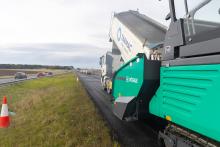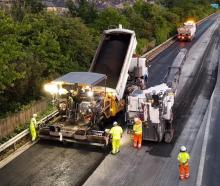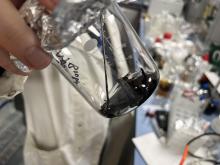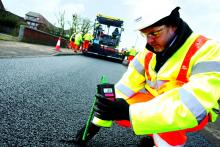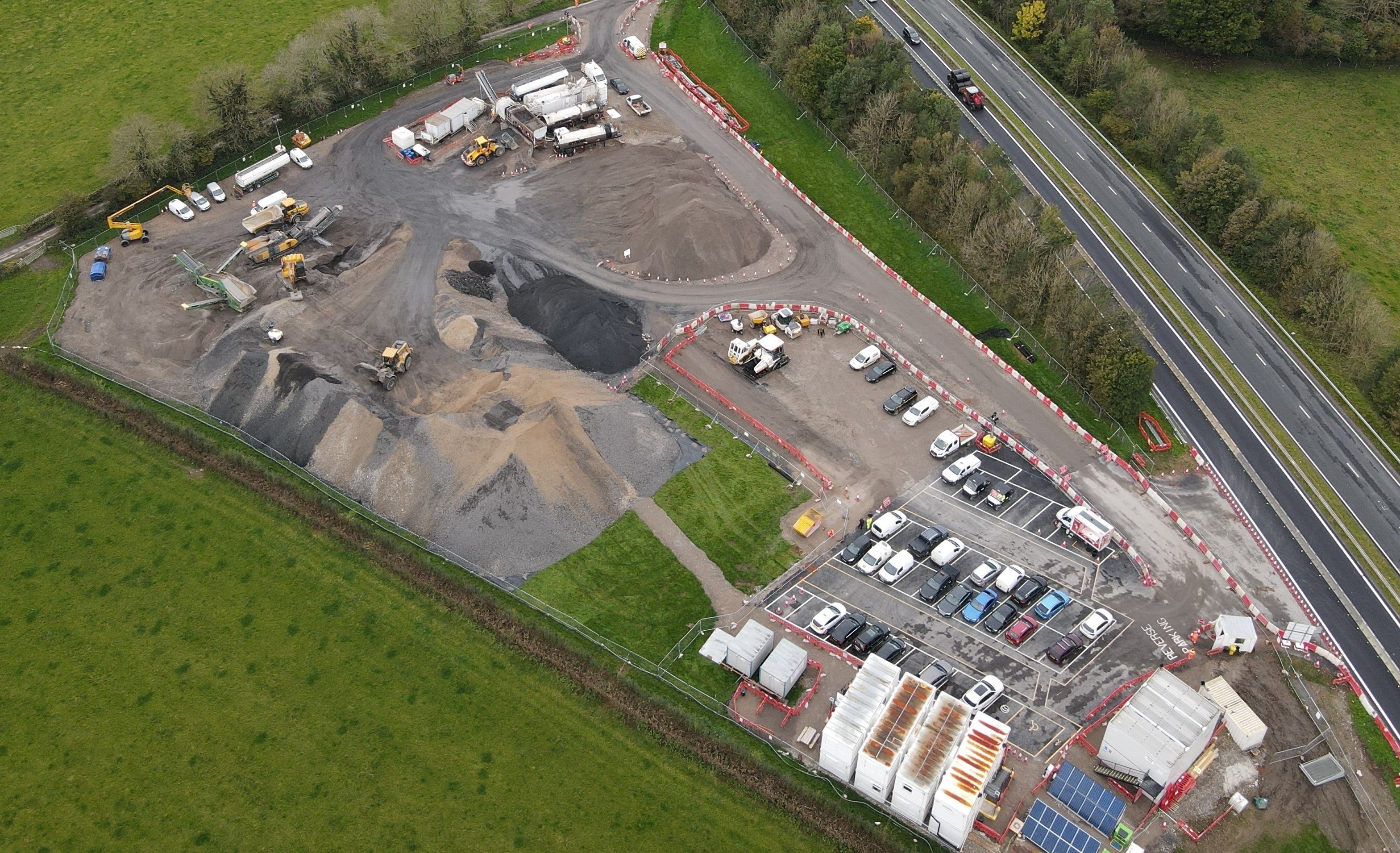
Amey Consulting says that it has designed the UK’s first carbon-neutral road improvement project – a Highways England carriageway resurfacing project in county Cumbria, northern England.
Amey Consulting’s carbon modelling experts worked with the client Highways England agency and contractors including Aggregate Industries and A E Yates and traffic management firm HW Martin.
The £8 million (€9 million/US$11 million) project was for a section of the A590 and resulted in significant reduction and increased use of on-site materials, lower energy use and more efficient transportation planning. Carbon was reduced by up to 43% compared to traditional solutions and saved almost £3m, according to Amey, a major contractor for Highways England maintenance projects.
Early collaboration between Amey Consulting, Highways England, Aggregates Industries and other contractors was key in developing the low-carbon pavement design solution as well as a carbon model designed specifically for the project. It was used to calculate carbon emissions saved during the construction stage.
The model allowed for comparison of carbon reduction measures against a baseline traditional solution. Key initiatives which reduced emissions during the construction stage included the ex-situ (off-site) foam-mix recycling of existing road surface planings, by producing a site-batched cold recycled asphalt.
In practice, according to Aggregate Industries, the pavement design option meant that the structural layers of the existing road surface were recycled and encapsulated back into the pavement by producing an ex-situ cold recycled asphalt. This, when combined with the use of Aggregate Industries’ recently launched range of SuperLow asphalt, helped to achieve a carbon neutral pavement construction. As the only carbon neutral asphalt available in the UK, SuperLow technology enables reduced carbon levels when compared to standard asphalt due to being manufactured at reduced temperatures.
Key to this, a dedicated SiteBatch mixing plant was placed on site to ensure continuous and consistent Foamix material was produced, supported by a fleet of Volvo Moxy dumper trucks to transfer material to site and return the extracted planings.
This approach allowed for maximum efficiency and saw the team lay over a 1,000 tonnes of Foamix asphalt per night, working 24 hours a day across two shifts, ensuring minimum disruption to the local area while keeping in advance of all key deadlines.
Working in this way improved circular economy and significant reductions in CO₂ in the mixing process. It also negated the need for truck movements and waste disposal costs, hugely improving the sustainability aspect of the project. The result was a huge 43% carbon reduction, as opposed to when using conventional resurfacing methods.
What’s more, as an industry first, through its partnership with Circular Ecology - a non-profit organisation - Aggregate Industries purchased a number of credits to offset the remaining carbon on the scheme.
Aggregate Industries advanced Site Operating Procedures ensured that construction could take place safely through the COVID-19 pandemic. The result was 50,000 tonnes of material being extracted from the original pavement and 38,887 tonnes being recycled over just six weeks.
This included 11,607 tonnes of asphalt and 27,280 tonnes of Foamix laid using pavers extended to 8m wide. Meanwhile, around 20,000 tonnes will be reused on the A590 Cross-a-Moor Roundabout Scheme and the UK’s strategic road network in general.
“As the world’s first building materials supplier to commit to hitting net zero emissions by 2050, completing the UK’s first carbon neutral pavement scheme is a landmark achievement for us and demonstrates our commitment to achieving this goal,” said Guy Edwards, chief executive of Aggregate Industries UK.
In the end, noted Amey, the pavement design model significantly reduced the need to import and export materials to and from the site. It also erased around 6,000 heavy truck movements, saving 230 tonnes of CO₂-eq (CO₂ equivalent, a metric measure used to compare emissions from various greenhouse gases on the basis of their global-warming potential).
The shortened construction programme also reduced road diversions and traffic management impacts on the local community. Importantly, the recycled road surface has greater porosity compared with a hot-rolled asphalt or concrete, helping to reduce rolling noise from vehicles.
In addition to the carbon benefits associated with the pavement solution, significant carbon reductions were also realised as a result of energy efficiency measures. The use of solar powered generators, lighting, signage, CCTV and catering facilities, along with the use of electric vehicles saved about 70 tonnes of CO₂-eq.
“The safety of road users was our key concern in the planning of this project,” said Steve Mason, senior project manager with Highways England.
“The installation of an ex-situ recycling option and on-site asphalt plant gave us the opportunity to work 24/7, removing the need for many thousands of deliveries but also allowing us to complete work near the motorway junction as quickly as possible and reduce queuing associated with the roadworks.
Alex Gilbert, managing director of Amey Consulting said he believes that the carbon-neutral strategy used on A590 project has the potential to be replicated across the UK.
Amey, the parent company of Amey Consulting, is owned by Spanish infrastructure group Ferrovial.

